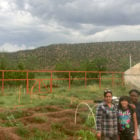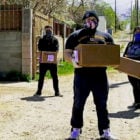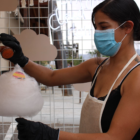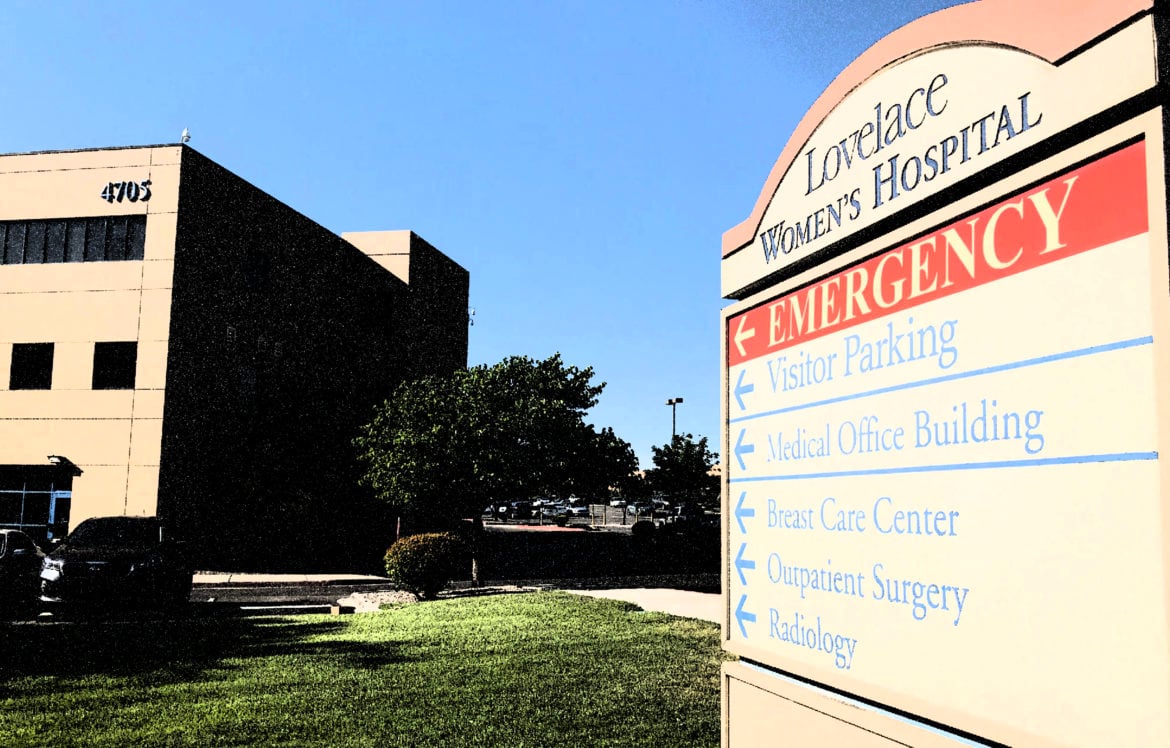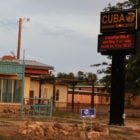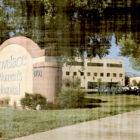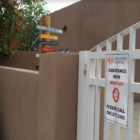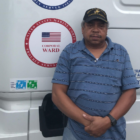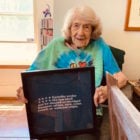Covid-19
Schools revamp meal programs during COVID-19 to curb childhood hunger, with potential to fix long-term problems
|
The day starts early each Friday at the Mora Independent School District in northern New Mexico. Staff arrive before the sun is up to pack coolers of breakfasts and lunches to supply 310 remote students with five days of meals. By 9 a.m., loaded school buses rumble out of the parking lot on their delivery run.Another 25 students pick up meals at school cafeterias each week day, while 71 students attending in-person classes eat at school Monday through Thursday. It’s just the latest variation for Rachel Martinez, Mora schools food service director. Since COVID-19 shut down schools in March, she’s mailed meals through the postal service and distributed them using six fire departments around the rural district. She and other staff also have hand-delivered meals house to house. But in early September, the district started delivering meals to bus stops, sometimes as close to kids’ homes as the end of a driveway.

